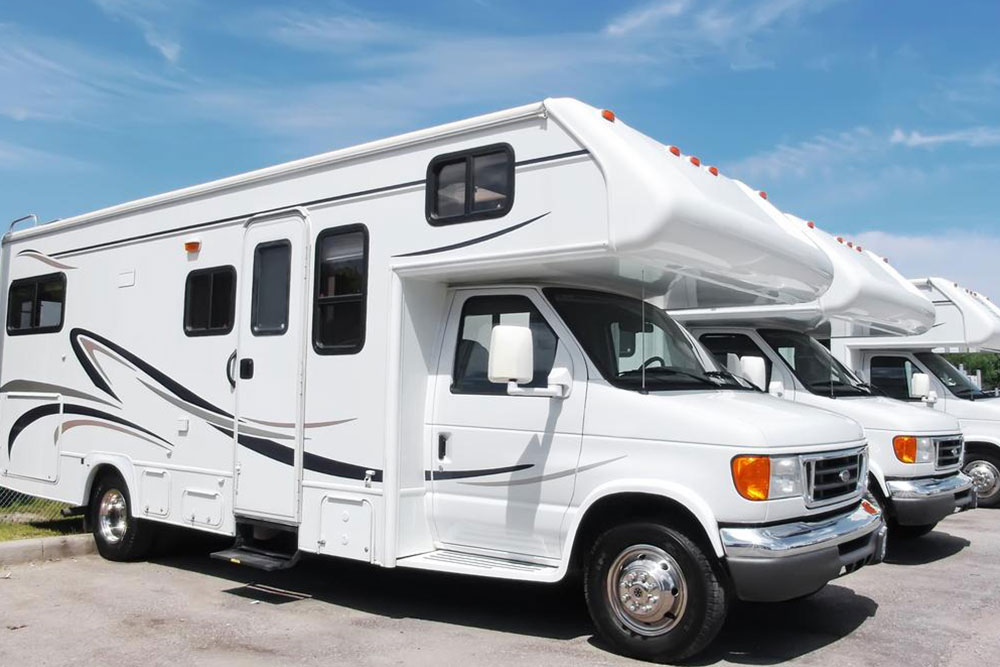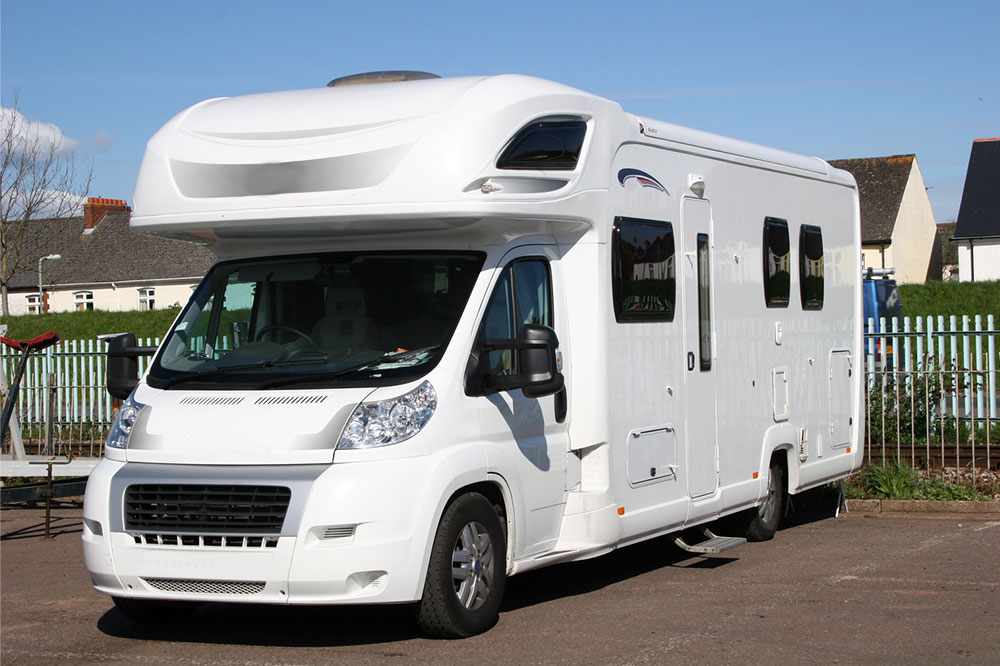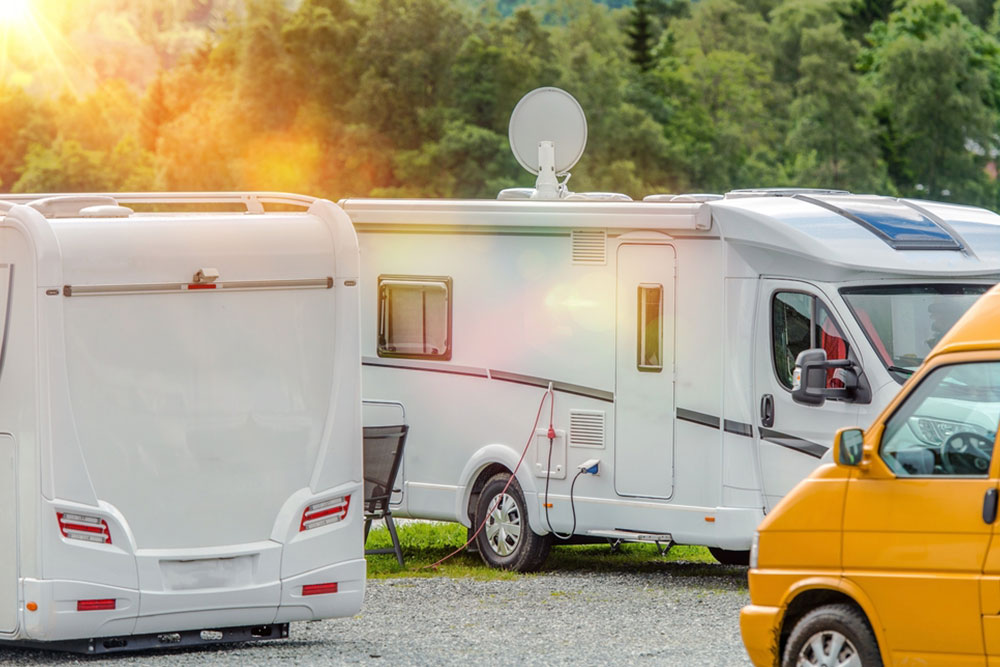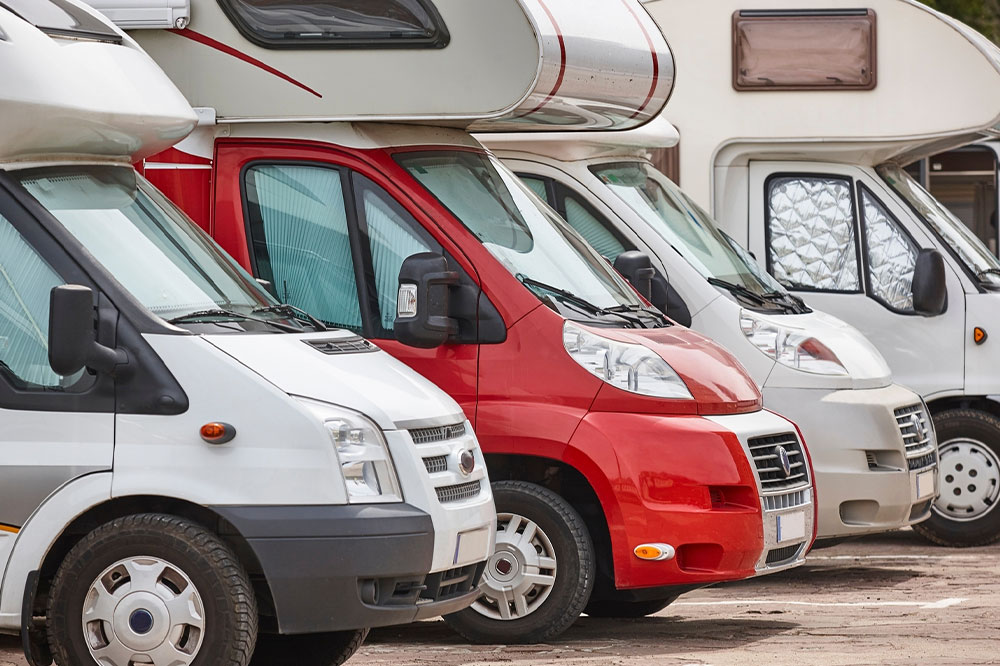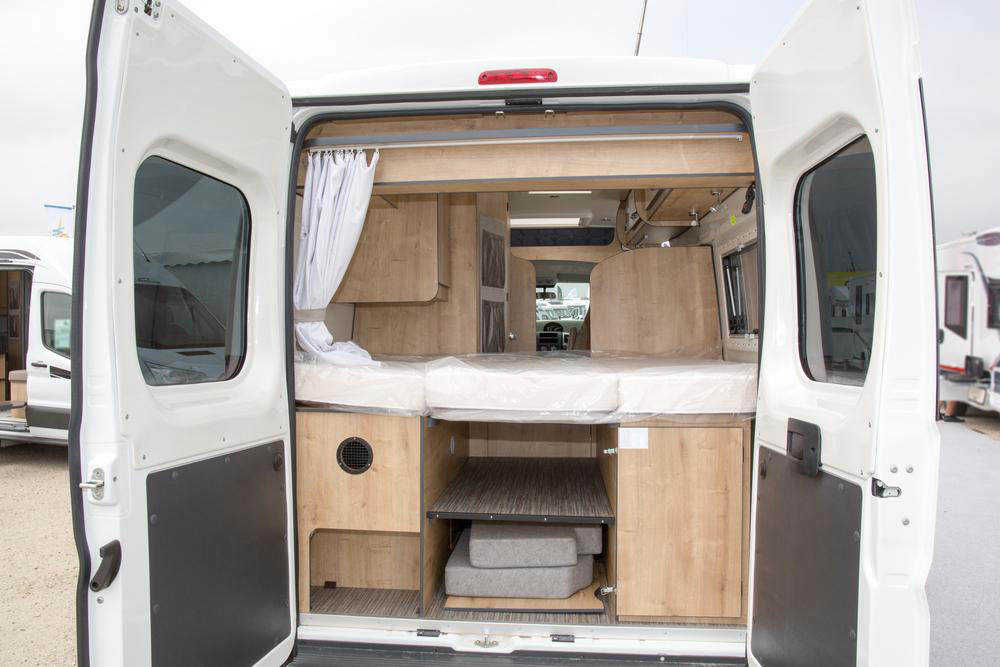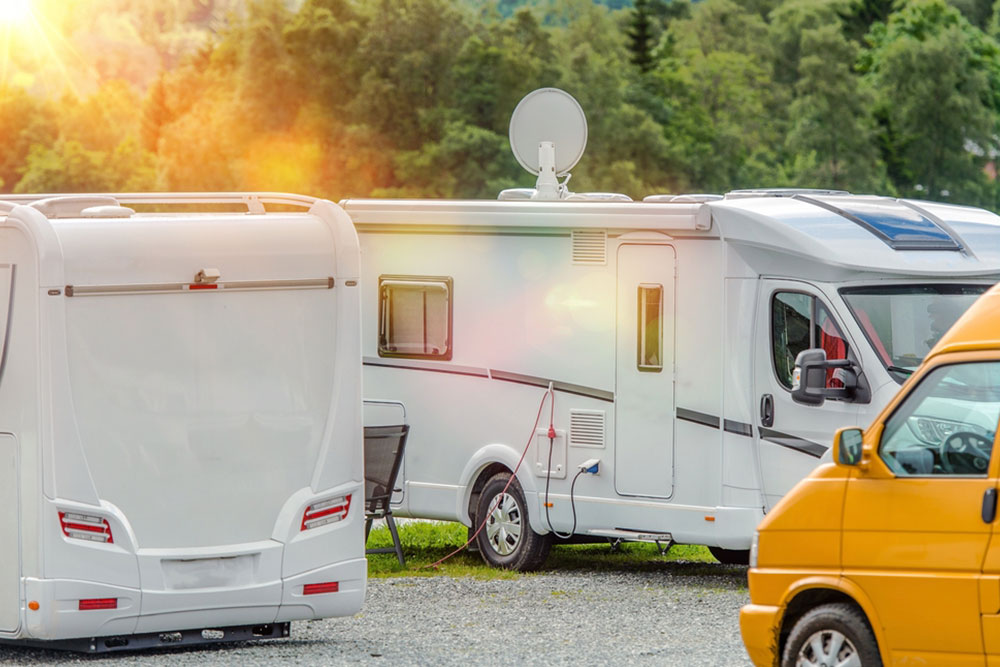Comprehensive Guide to Finding Affordable Recreational Vehicles for Your Adventures
Discover the ultimate guide to buying affordable recreational vehicles, including tips on choosing the right model, understanding differences between new and used RVs, and exploring various types such as motorhomes and towables. This comprehensive resource helps travelers make informed, budget-friendly choices for their adventures on the road, emphasizing careful research, negotiation, and maintenance considerations. Perfect for outdoor enthusiasts seeking cost-effective ways to explore scenic destinations while enjoying modern amenities and flexibility.
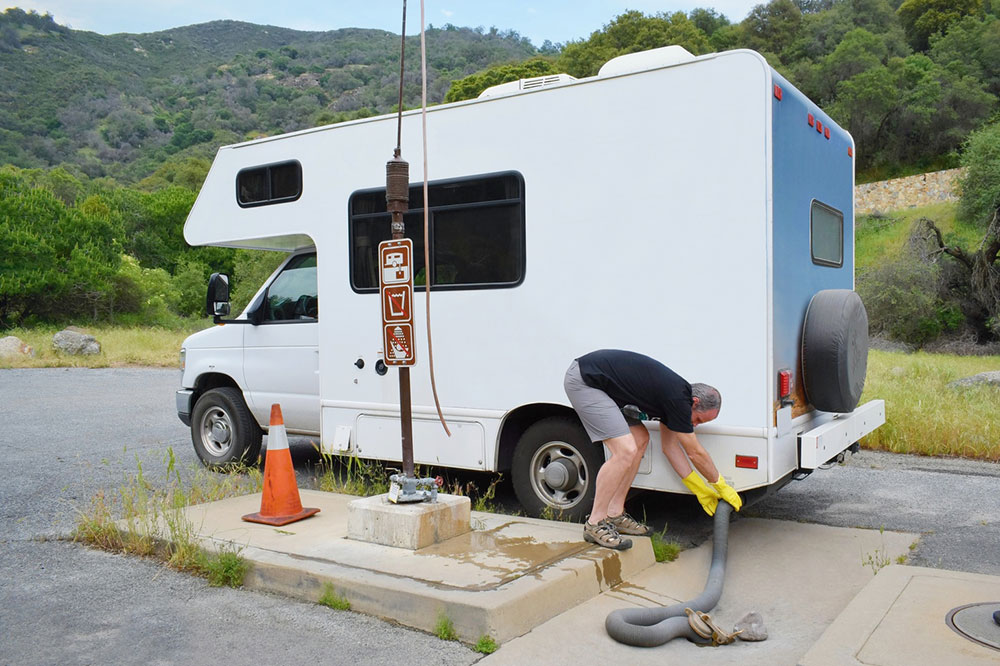
Your Ultimate Guide to Budget-Friendly Recreational Vehicles
If you're dreaming of exploring breathtaking landscapes and discovering hidden gems across the country, investing in a recreational vehicle (RV) can significantly enhance your travel experience. An RV offers the flexibility, comfort, and convenience to turn every journey into a memorable adventure. However, selecting the right RV requires careful consideration of your budget, lifestyle, travel plans, and vehicle features.
Before purchasing, it's essential to understand the variety of options available, from different styles and sizes to new and used models. This comprehensive guide aims to walk you through the key factors, questions to ask, and tips to help you find an affordable RV that aligns with your needs without breaking the bank.
Key Questions to Evaluate Before Buying an RV
Owning an RV is a substantial commitment and may not be suitable for everyone. It’s crucial to evaluate your personal situation and travel ambitions to determine if an RV is the right fit. Here are some essential questions to consider:
What purpose will your RV serve? Are you planning weekend getaways, extended journeys, or full-time living?
What are your specific travel plans? Do you prefer camping in national parks, visiting coastal areas, or exploring remote wilderness?
How frequently do you expect to travel? Will this be a seasonal adventure or year-round exploration?
Is your family willing and able to commit to regular road trips? Consider travel companions, pets, and lifestyle compatibility.
What is your overall budget? Factor in purchase price, registration, insurance, maintenance, and fuel costs.
Additionally, identify your non-negotiable features:
Must-have amenities: Do you need a full kitchen, bathroom, sleeping arrangements, or entertainment systems?
Type of RV: Would you prefer a self-driven motorhome or a towable trailer?
Choosing Between New and Used RVs: Benefits and Drawbacks
When considering an RV purchase, deciding between new and used models is pivotal. Each choice offers distinct advantages and considerations that can impact your investment and ongoing costs. Here’s a detailed look:
Advantages and Disadvantages of Buying a Used RV
Used RVs are pre-owned vehicles that have been used by previous owners. They typically come at a lower price point, offering budget-conscious travelers an excellent opportunity to own an RV without overspending. The benefits of opting for a used RV include:
Cost Savings: Significantly lower initial purchase prices compared to new models.
Customization Potential: The opportunity to upgrade and personalize interiors or features over time.
Insurance Savings: Lower premiums due to reduced vehicle value.
However, buying used also involves some risks:
Potential Hidden Repairs: Worn-out components or deferred maintenance may lead to unexpected repair costs.
Availability of Spare Parts: Older models might be harder to repair or replace parts for.
Inspection Necessity: A thorough pre-purchase inspection by a qualified mechanic is essential to avoid future issues.
Benefits and Considerations of Purchasing a New RV
New RVs are fresh off the assembly line and come with the latest features, technology, and full warranties. They offer several perks:
Modern Amenities: The newest innovations in comfort, safety, and fuel efficiency.
Pristine Condition: No previous damage, wear, or repairs.
Warranty Coverage: Manufacturer warranties protect against early defects and cover repairs.
Nevertheless, new RVs come with higher price tags, and their depreciation begins immediately after purchase. Insurance premiums tend to be higher as well, and some models may require additional towing vehicles or upgrades for full compatibility.
Understanding Different Types of Motorhomes
Motorhomes are a popular choice for travelers seeking self-contained comfort on the road. They are large, integrated vehicles that combine transportation and living space, similar to a mobile home. There are three primary classes:
Class A: The largest and most luxurious, often based on bus chassis. They feature extensive living amenities such as full kitchens, bathrooms, entertainment systems, and laundry facilities. Powered by diesel or gasoline engines, these don't require special licenses and are ideal for full-time travelers or those seeking maximum comfort.
Class B: Known as camper vans, these are built on van chassis with raised roofs and compact designs. Suitable for couples or solo adventurers, Class B RVs are easy to drive and park, with basic amenities that support short trips and quick getaways.
Class C: Mid-sized units ranging from 20 to 33 feet, built on truck or van chassis. They offer a balanced combination of space and affordability, with features like separate sleeping areas, bathrooms, and kitchens. They are versatile for both short and extended trips.
Exploring Towable RVs: Flexible and Cost-Effective Options
Towables are lightweight RVs that attach to a suitable towing vehicle such as an SUV or truck. They provide a flexible, economical way to enjoy camping adventures without the expense of a motorhome. Main types include:
Travel Trailers: The most common type, available in various sizes, easy to hitch and unhitch, offering a range of amenities.
Fifth-Wheel Trailers: Larger units that connect via a special hitch in the bed of a truck, providing more interior space and stability.
Popup and Folding Trailers: Compact when stored and expanded at the campsite, ideal for budget travelers and those with limited storage space.
Utility Trailers: Smaller, versatile trailers that can carry gear, equipment, or light camping supplies, suitable for versatile outdoor activities.
Essential Tips for Buying an Affordable RV
Getting the right RV at the right price involves careful planning and research. Keep these critical tips in mind:
Take Your Time: Don’t rush your decision. Visit multiple dealerships, attend RV shows, and speak with experienced owners to understand different models’ pros and cons. Learning about technical details, maintenance needs, and hidden costs saves money and frustration.
Negotiate Effectively: Start with a lower offer and aim for a discount up to 30%. End-of-month or end-of-year sales are ideal times to negotiate as dealerships seek to meet sales targets.
Consider Used for Savings: Because RVs depreciate rapidly, buying used can be a smart move, provided the vehicle has been well maintained and inspected thoroughly.
Inspect Thoroughly: Always have a certified mechanic evaluate the vehicle before completing the purchase to avoid costly surprises related to structural issues or mechanical faults.
Account for Maintenance Costs: Beyond the purchase price, anticipate expenses for repairs, upgrades, and routine maintenance, which can be substantial over time.
Prioritize Fuel Efficiency: Fuel consumption varies widely among RVs, with diesel models generally more efficient and cost-effective over long distances.
Owning an RV is a gateway to exploring scenic routes and secluded campgrounds that hotel stays can’t match. To maximize your investment, explore various brands, participate in RV expos, shop during sales opportunities, and compare online marketplaces for the best deals on new, used, or rental vehicles. Proper planning ensures you find an affordable, reliable, and enjoyable RV that fits your travel style and budget.
